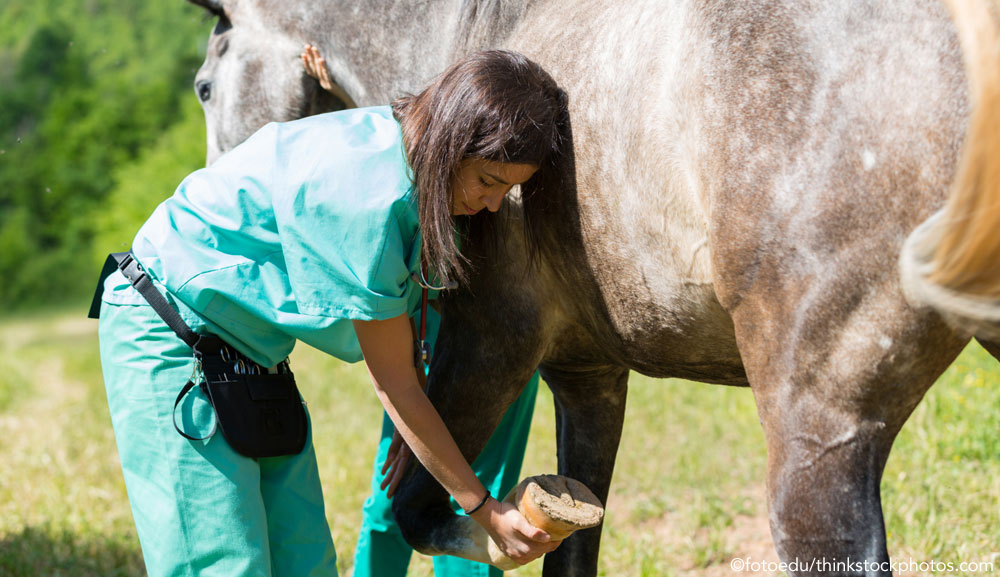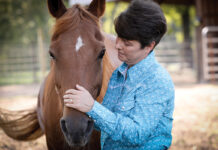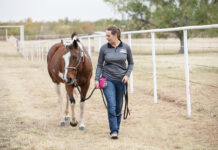Learn more on what a pre-purchase exam for a horse is!

A: When a buyer is considering purchasing a new horse, often the veterinarian is called out to perform a pre-purchase examination (PPE). The goal of the exam is to detect any possible lameness or health problems before the sale goes through.

The vet will check vital signs, eyes, and teeth for any abnormalities. She will feel all four legs, looking for lumps, swelling or any other signs of a problem. The feet are evaluated for soreness with a special instrument called a hoof tester. The vet will also look at how the horse is built, including conformation of feet, legs and body.
After the initial exam is completed, the horse is walked and trotted in a straight line, then longed in a circle while walking, trotting and cantering. The veterinarian will usually do flexion tests of all four legs to check for underlying problems. Each leg is flexed and held for 60 to 90 seconds before the horse is trotted off with the vet watching closely. These tests have to be interpreted carefully, which is best left to experienced vets.
Finally, the horse is evaluated under saddle with a rider. Depending on the intended use of the horse, the veterinarian may watch the horse jump, do dressage, run barrels or simply move around the arena.
No horse is perfect, and often some problems will be detected during the exam. It is the veterinarian’s job to discuss the significance of these findings with the buyer, and it is the buyer’s job to decide whether or not they are OK with any possible risks detected. Remember, not all problems can be diagnosed during the pre-purchase exam, and there is always some level of medical risk involved when buying a horse.
Make sure you get along with the horse and that you feel safe riding him. A PPE, along with the help of your trainer, will help determine if the horse is the right one for you.
This article originally appeared in the September/October 2017 issue of Young Rider magazine. Click here to subscribe!





